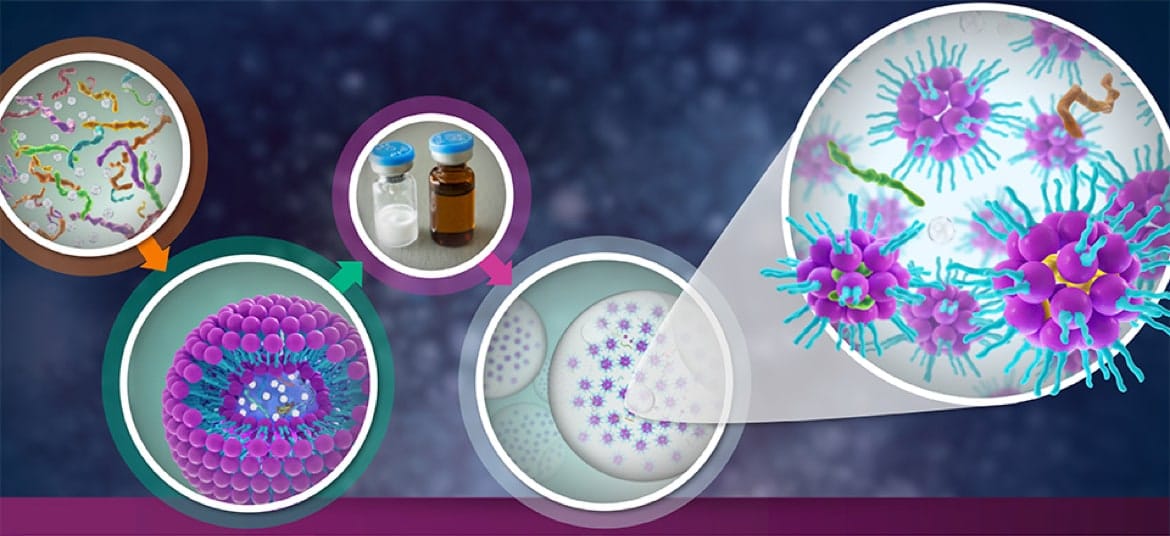IMV has a 64 per cent upside, says Research Capital

Research Capital Corporation analyst André Uddin remains interested in IMV Inc (IMV Inc Stock Quote, Chart, News, Analysts, Financials TSX:IMV), maintaining a “Speculative Buy” rating, but lowering his target price from $5/share (US$4/share) to $3.10/share (US$2.50 share) for a projected return of 64 per cent in his latest update to clients on Monday.
Headquartered in Dartmouth, N.S., with a new corporate office in Cambridge, Mass., IMV is a clinical-stage biotechnology company which focuses on developing novel immunotherapies based on its proprietary drug delivery platform, DepoVax.
Uddin’s latest update comes with a shift in his valuation methodology to an NPV analysis of MVP-S (IMV’s lead candidate) from a previous P/E multiple valuation.
In conjunction with Merck, IMV presently has a pair of ongoing trials, the first being a Phase 2b trial to investigate a combination of MVP-S and Merck’s Keytruda in 152 patients with relapsed or refractory diffuse large B-cell lymphoma (r/r DLBCL). The first results from this trial are expected to come in the first half of 2022, with the primary endpoint being objective response rates.
In addition, IMV also recently finalized a Phase 2 basket trial evaluating MVP-S in combination with Keytruda in patients with metastatic bladder and micro-satellite instability high (MSIH) solid tumours, with results expected to be distributed throughout 2022, specifically at a future scientific conference.
“IMV called interim results ‘promising’ – which were response rates in patients previously treated with checkpoint inhibitors,” Uddin said.
In other product news, IMV has begun an investigator-sponsored Phase 1b trial to test MVP-S (as a neoadjuvant therapy) with an undisclosed aromatase inhibitor in 18 patients with resectable, non-metastatic HR+/HER2- breast cancer, as well as submitting a protocol to the U.S. Food and Drug Administration for a Phase 2b trial, which is to investigate MVP-S as a monotherapy in recurrent ovarian cancer.
On the corporate side, after serving in an interim capacity for five months, Andrew Hall was officially named IMV’s new Chief Executive Officer just before Christmas, though the company is also looking to fill another executive hole with the impending retirement of Pierre Labbe, the company’s Chief Financial Officer.
“Over the last five months, Andrew has demonstrated strong leadership and refocused the Company to capitalize on its strengths in immuno-oncology, as well as a strategy designed to fully realize IMV’s clear potential,” said Andy Sheldon, Chairman of IMV’s Board of Directors in the company’s December 22 press release.
“There is significant potential for IMV and the DPX platform to deliver differentiated therapies to treat a broad range of cancers,” Hall added. “IMV is ending 2021 in a strong position. We have achieved our recent milestones, which included compelling clinical and translational data in two Phase 2 trials; initiated several new trials in the last month; and have submitted our Phase 2b protocol for our ovarian cancer program to the FDA. We have also lengthened our financial runway and are well-positioned to execute upon our vision for IMV as we move into 2022.”
On December 20, just before Hall’s permanent appointment was made official, the company announced a US$25M long-term debt facility, which provides the company with an additional year of runway, according to Uddin. Uddin notes that the company had drawn down US$15 million, while the remaining US$10 million can be made available upon achievement of a pre-set milestone.
Uddin sees licensing as a key component of IMV’s financial future, though he notes that reliance could bring a risk in equity financing to the forefront, as IMV currently does not have any approved products.
Research Capital assumes an out-licensing deal with Merck to come in the fourth quarter of 2022, boosting the company’s revenue to $832,000 (all income statement figures in US dollars) for that year, with $600,000 coming from licensing.
After consecutive $2.6 million projections for 2023 and 2024 ($2.4 million coming from licensing each year), Uddin projects 2025 will be the company’s biggest licensing revenue year, with growth jumping to a projected $122.8 million ($122.4 million from licensing), then staying high at a projected $87.3 million ($82.4 million) in 2026 before dropping off as royalties become the primary revenue driver, with a projection of $110.7 million in revenue ($108.1 million in royalties) in place for 2033.
The company’s EBT projections follow a similar path, with Uddin forecasting losses between $30 and $35 million from 2022 through 2024 before the major licensing milestone brings positive projections for 2025 ($83.1 million) and 2026 ($44.3 million), eventually staying on a positive path from 2029 ($9.3 million) onward.
Overall, Uddin believes IMV could be a key catalyst investment play in 2022.
“IMV was weak in 2021 – likely due to a lack of key data readouts,” Uddin said. “Speculative investors may wish to look at the stock’s weakness as a buying opportunity in anticipation of the DLBCL and basket trial results. We have assumed IMV would out-license MVP-S to Merck in Q4 2022 – a licensing deal has taken far longer to forge than we had expected.”
Over the last year, IMV’s stock price has dropped by 59.7 per cent, hitting an early peak of $5.63/share on February 8 before ending the year at a 52-week low of $1.56/share on December 31.

Geordie Carragher
Writer
Geordie Carragher is a staff writer for Cantech Letter


